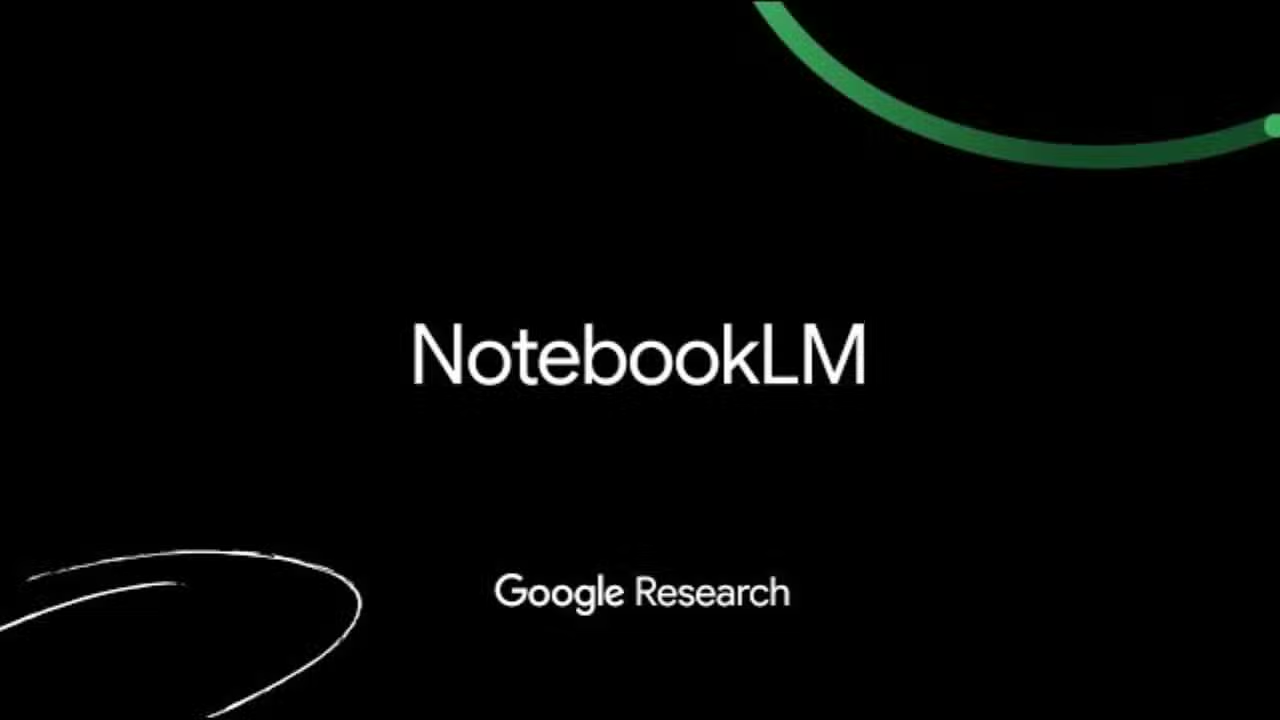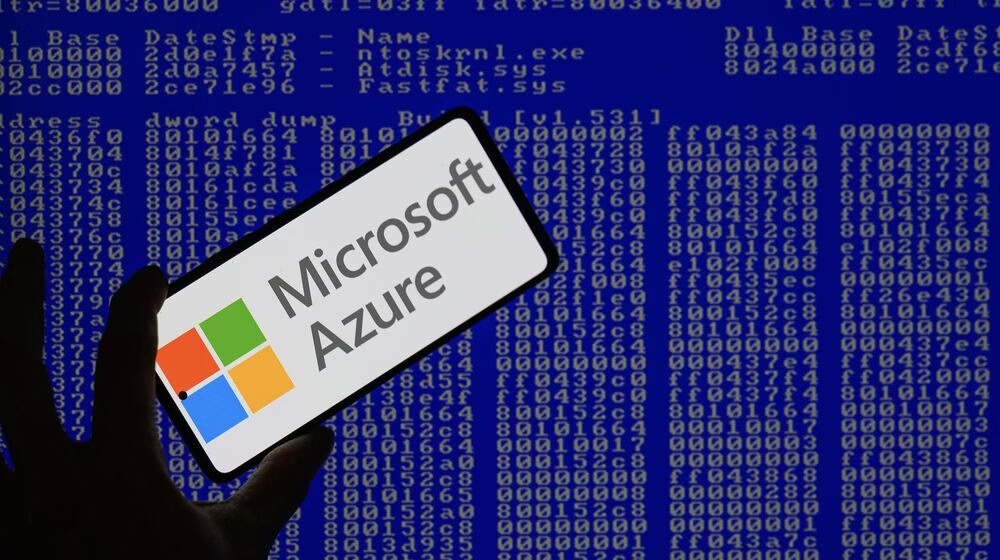As a social sciences researcher, I’m no stranger to complexity. Whether I’m analyzing evolving datasets, tracing theoretical frameworks, or grappling with conflicting viewpoints across disciplines, each project demands a delicate dance between depth and organization. My workflow is anything but linear — it involves triangulating policy reports, journal articles, historical texts, and hours of interview transcripts, all while maintaining academic rigor and conceptual clarity.
So when I stumbled upon NotebookLM by Google, I didn’t expect more than another AI-powered summarizer. But what I found was a genuine shift — a digital research environment that behaves less like a virtual assistant and more like a thinking partner.
What sets NotebookLM apart is its grounded approach. Unlike other AI platforms that pull from a vast and often unverified internet corpus, NotebookLM works exclusively within the bounds of your uploaded materials. These can include Google Docs, PDFs, academic papers, weblinks, and even video transcripts. It doesn’t hallucinate or fabricate. Every insight, summary, or prompt it generates is backed by your own sources, complete with citations. For academic work, that precision is not just helpful — it’s essential.
I recently used NotebookLM for a paper I’m writing on urban inequality, drawing on a mix of materials: field notes from site visits, government policy briefs, excerpts from classic theorists like Henri Lefebvre and David Harvey, and several peer-reviewed articles. Within minutes, the platform had generated concise, source-cited summaries of each document. But it didn’t stop there. It highlighted overlapping concepts — like spatial justice, informal economies, and urban governance — and even posed critical questions I hadn’t considered, such as how Lefebvre’s notion of “the right to the city” might operationalize within municipal housing policy frameworks.
What struck me most was the tool’s ability to synthesize ideas across sources, not just summarize them in silos. It allowed me to build conceptual bridges, explore methodological linkages, and iterate on arguments, all without losing sight of the textual foundation. That kind of intellectual scaffolding is rare in digital tools.
Another unexpected gem is NotebookLM’s Audio Overview feature. You can choose two AI voices to narrate a dialogue-style summary of your documents — in a tone ranging from formal to friendly. I’ve listened to these while commuting or prepping for seminars. It’s not a replacement for deep reading, but it reinforces key arguments and helps me hear my research in a new, more digestible form.
The platform is built for scale. It currently supports up to 50 documents or roughly 25 million words in a single project. That’s incredibly useful for mixed-methods or longitudinal research where the volume of data can be overwhelming. It’s also a blessing for literature reviews, fieldwork analysis, or preparing for comprehensive exams and vivas.
One of its strongest assets, especially for globally-oriented research, is its support for over 50 languages. I’ve tested it with Urdu, French, and Spanish — all languages that feature heavily in my fieldwork — and it retained both function and nuance. This multilingual capability is a quiet but significant nod to the realities of decolonized, multilingual knowledge production in contemporary social science.
That said, it’s not flawless. Organizing documents into thematic clusters takes some experimentation, especially if you’re aiming for analytical depth. And while the Audio Overview is engaging, it doesn’t substitute the critical lens you gain from close reading and active annotation. But these limitations feel minor compared to the cognitive relief and analytical clarity it provides.
In a time when academics face information fatigue, tight deadlines, and shrinking attention spans, tools like NotebookLM don’t just help us keep track — they help us think better. They support the recursive, reflective processes that define real research, especially in fields like sociology, political science, anthropology, and development studies.
NotebookLM doesn’t just automate tasks. It invites reflection, connects dots, and fosters understanding. It’s more than AI. It’s a collaborator in complexity, and for social science researchers like me, that’s invaluable.



